Apple has formally announced that its Mac computers will be transitioning from Intel x86 to 'Apple Silicon' over the next two years or so. Such an announcement was widely tipped for its WWDC 2020 developer conference - industry watchers, and people who aren't Intel investors, won't be disappointed with the news. The transition rumours haven't just been bubbling up this year, rumours about a potential switch have been in the HEXUS headlines since 2010 and 2011.
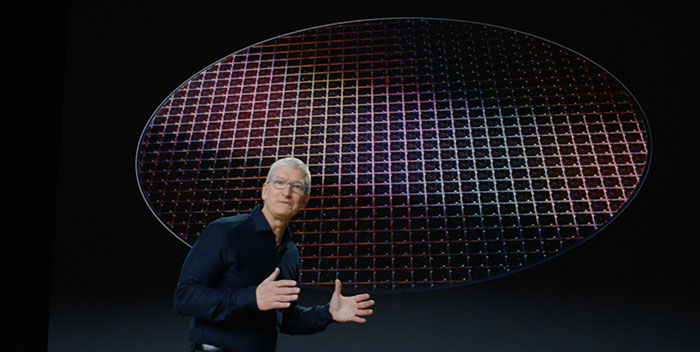
Today is "a historic day for Mac," wrote Apple in its news release. Bigging-up the announcement it described the change as a move that will "deliver industry-leading performance and powerful new technologies". There will be various benefits for Apple, not only the claimed ones for customers. First of all it will benefit from vertical integration of the Mac business, cuttings its update cycle timing from a third party. Secondly, the transition will "establish a common architecture across all Apple products, making it far easier for developers to write and optimize their apps for the entire ecosystem," a very worthy piece of news for its developers virtually attending today's conference.
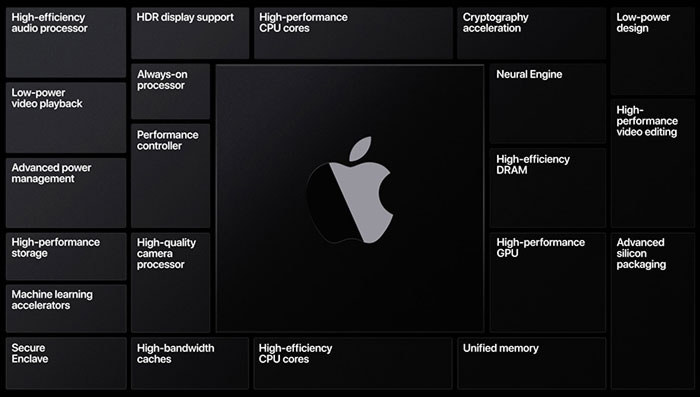
Developers might need a helping hand to get started with Apple silicon. So, alongside the MacOS Big Sur OS update there will be conversion tools and technologies provided to smooth the transition. Apple is launching the Universal App Quick Start Program, which provides access to documentation, forums support, beta versions of MacOS Big Sur and Xcode 12, and the limited use of a Developer Transition Kit (DTK), a Mac development system based on Apple's A12Z Bionic System on a Chip (SoC). Apple's DTK is a Mac Mini form factor system with an A12Z Bionic SoC, 16GB of RAM, 512GB SSD and various Mac I/O ports. It costs $500 for developers as part of the kit but it must be returned to Apple at the end of the Universal App Quick Start Program.
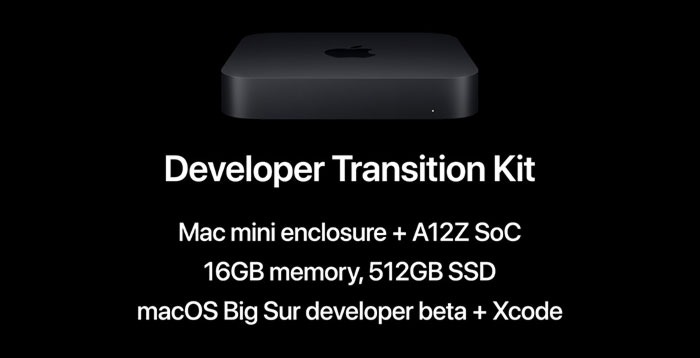
While developers can get their hands on the first Apple Arm powered Macs (DTKs) shortly, end users / consumers will have to wait until nearer the end of the year before Macs powered by 'Apple silicon' become available. Apple says that the whole Mac line will have transitioned away from Intel CPUs by the end of the following two year period. When that time comes Apple is confident that its SoCs will "give the Mac industry-leading performance per watt and higher performance GPUs — enabling app developers to write even more powerful pro apps and high-end games". Other technologies we see in iPhones and iPads, like the Neural Engine and so on, will also be used by Apple's Mac computer systems.
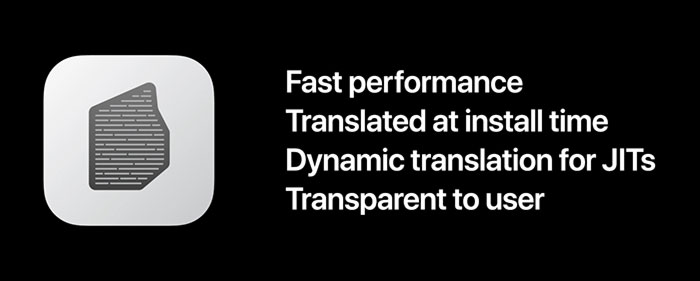
Those familiar with the previous big transition for Apple Macs will recognise some of the developer terms Apple mentioned today. Apple says developers will be able to create Universal 2 application binaries for Intel/Apple silicon. Meanwhile, older apps, plugins and so-on will work thanks to Rosetta 2 translation tech. Another bonus is that developers can also make their iOS and iPadOS apps available on the Mac without any modifications. Apple's last big Mac transition was from OS9 to OS X, and PowerPC to Intel x86, started in 2006. It continued to support PowerPC hardware until 2013.
Intel shares haven't been impacted by the news today, Wall Street is open at the time of writing and the share price is pretty flat. One might expect this news to be 'priced in' already after the extensive pre-news leaks. Apple Macs account for approx three per cent of Intel consumer CPU sales.
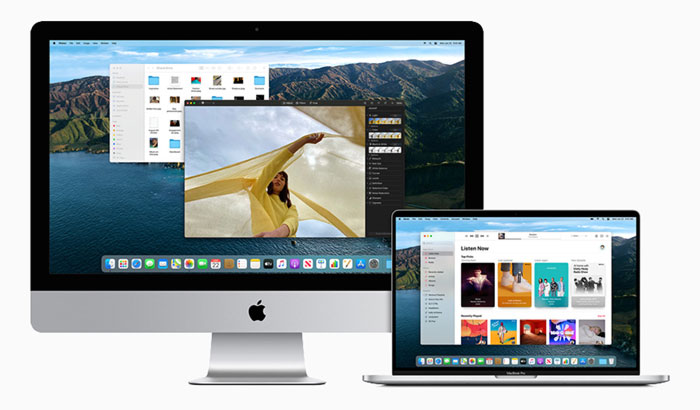
Incidentally, Apple calls Big Sur the "biggest update in more than a decade," (since the introduction of OS X), and you can read more about the new OS in a dedicated blog post from Apple here.






